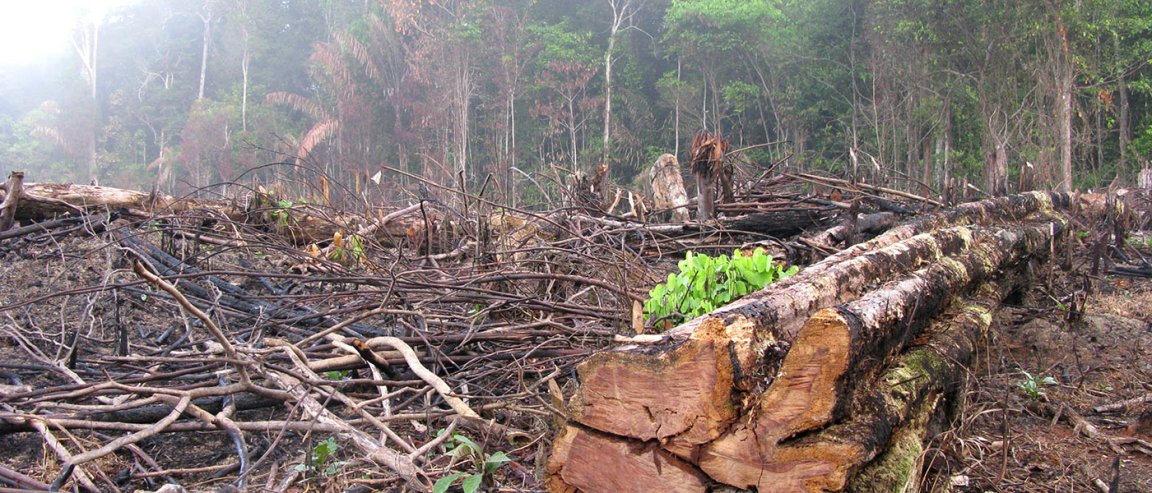
A Step Backward?
New figures coming from the Brazilian government suggest illegal logging has taken more trees from the Amazon rainforest than previously expected.
Satellite data from Brazil’s National Institute for Space Research (INPE) shows that, from August 2015 to June 2016, 7,989 square kilometers (3,085 square miles) of forest have been destroyed. Last year, that number was 6,207 square km (2,397 square mi)
While that may represent a deforestation rate increase of 29 percent, up from last year’s 24 percent, it’s still far from the numbers reached during the days of 2004. Back then 23,103 square km (8,920 square mi) to 24,398 square km (9,420 square mi) of forest was razed.

For so long, Brazil has been seen as a model for government action on forest conservation. What’s changing? Economic recession has hit the country pretty hard, including forest conservation agency, IBAMA. A 30 percent decrease in funding led to less effective operations.
Conservation of the Amazon is a pretty big deal for Brazil. Deforestation threatens more than half of the total tree biodiversity in the forest. It also harms the approximately 180 indigenous groups that live in and off the Amazon. It also helps the country meet the targets for the Paris agreement, since it eats up two billion tons of carbon dioxide every year.
Preserving Forest
But the great thing is that Brazil only needs to pick up the slack. Its conservation efforts from 2004 to 2014 have been a model for other countries.
The Brazilian government introduced new enforcement methods in 2004. Tougher enforcement coupled with satellite imaging was able to significantly slow deforestation. The government also established protected areas and introduced fines for illegal logging.
Another method that has met with success is partnerships with indigenous tribes. A World Resources Institute study showed that land managed by these tribes deforested two to three times slower than other lands. Indigenous people like the Kayapo tribe in Brazil have been able to keep their own ancestral lands from massive deforestation.